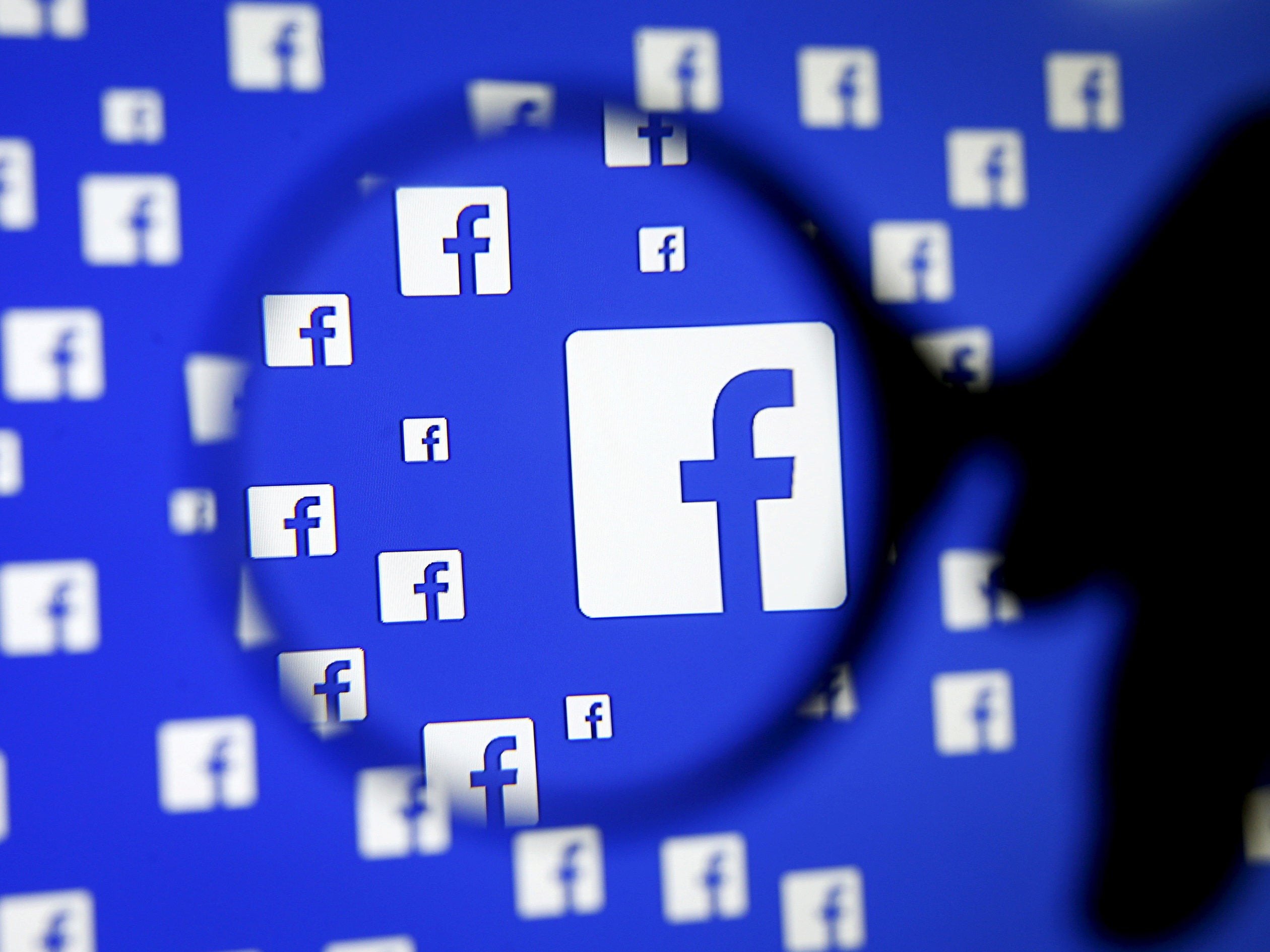
Full Fact has called on Facebook to expand its third-party fact-checking service to Instagram and urged other social media platforms to launch similar schemes.
The UK fact-checking charity, which has been rating the accuracy of stories on Facebook for the past six months, also said the platform should share more data with fact-checkers so they can “better evaluate content”.
Full Fact made the calls in a half-year report on its role as third-party fact-checker for Facebook, which it began in January. It is one of 21 partners fact checking content in 14 European languages.
The charity said it treated its first three months on the programme as a “familiarisation period” before focusing on specific subjects with “the most potential for specific harm”, such as health disinformation.
It said in its report that it has dismissed false claims, shared on Facebook, that a tampon can help a stabbing victim stem bleeding and dialling 55 during a 999 call allows police to track your location.
Fact-checkers that are members of the third party Facebook scheme are presented with a list of content flagged as potentially false by the social media platform and are also able to proactively fact check misinformation they find on their own.
They can then choose one of nine ratings for the content: false, mixture, false headline, true, not eligible, satire, opinion, prank generator, and not rated. Facebook will suppress content rated as misinformation on users’ news feeds without removing it entirely.
Full Fact, which was founded in 2010, has said the tech giant has no control over what the charity decides to fact check and that no Facebook staffer sees their reviews before they are uploaded.
Writing about its experience as a member of the Facebook scheme so far, Full Fact said it was “worthwhile” and that “something similar may be needed on other internet platforms too”.
But it also said it believed “further development” was needed.
“Facebook’s focus seems to be increasing scale by extending the third-party fact-checking programme to more languages and countries (it is currently working with fact checkers across 42 languages worldwide),” it said.
“However, there is also a need to scale up the volume of content and speed of response.”
Full Fact went on to make ten recommendations for Facebook that included demands that it “share more data with fact checkers about the reach of our fact checks” and “expand to fully include Instagram content”.
The charity said Facebook was “using the results of the programme to influence content on Instagram” but added that direct fact checking of Instagram content was not yet part of the scheme.
Responding to the Full Fact report, Julia Bains of integrity partnerships at Facebook said: “Our third party fact-checking programme is an important part of our multi-pronged approach to fighting misinformation.
“We welcome feedback that draws on the experiences and first-hand knowledge of organisations like Full Fact, which has become a valued partner in the UK.
“We are encouraged that many of the recommendations in the report are being actively pursued by our teams as part of continued dialogue with our partners, and we know there’s always room to improve.
“This includes scaling the impact of fact-checks through identical content matching and similarity detection, continuing to evolve our rating scale to account for a growing spectrum of types of misinformation, piloting ways to utilise fact-checkers’ signals on Instagram and more.”
She added that Facebook also agreed that there was “a need to explore additional tactics for fighting false news at scale.”
Full Fact said it will now be releasing quarterly reports on its experience with the third-party Facebook fact-checking scheme.
The charity was paid more than $171,000 (£140,400) for its work on the scheme between January and June of this year.
Picture: Reuters/Dado Ruvic/Illustration/File Photo
Email pged@pressgazette.co.uk to point out mistakes, provide story tips or send in a letter for publication on our "Letters Page" blog
